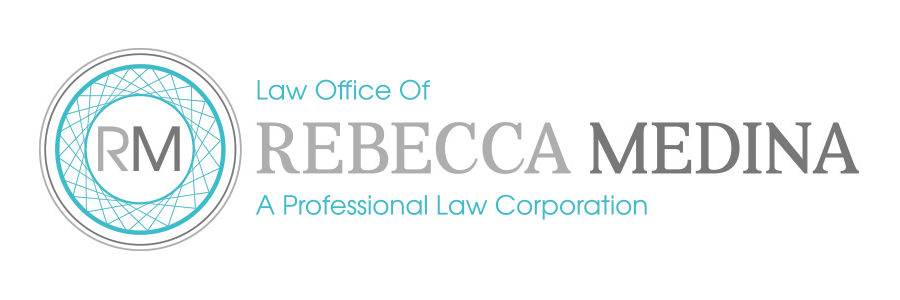Once your divorce is finalized, it is time for you to start over—in more ways than one.
Financially, you are on your own for what is likely the first time in years, which means you need to revisit the financial planning strategies you use and reassess your financial picture.
Below are a few tips for post-divorce financial planning that will help set you up for a stable future:
Conduct a thorough review
Take a close look at all your financial information, including income and expenses. Pay close attention to where your money is going each month and where you can afford to scale back. You should also review your assets, your tax situation, your credit and bank statements, your credit score and the state of any loans and other debts you currently have.
If you have children, make sure you can are also planning ahead for their ever-changing needs such as driving, school expenses, braces, etc. Is the other parent obligated to help with these expenses, or will they be solely your responsibility?
Think about the future of your career
If you have been a stay-at-home parent, you will need to get back into the workforce, which could be a daunting task if you have been home for a while or if you need additional education or training to find gainful employment.
How much training will you need? Will you need a degree for the job you’re seeking? What type of costs are associated with tuition and books? All these questions will influence your financial planning.
Consider downsizing
As difficult as it can be to give up your family home or disrupt the lives of your children so soon after your divorce, it could be financially reckless of you to stay in a home that is beyond your means. Selling the home may give you a sudden windfall of liquid assets you can use to either purchase a smaller, less expensive home or rent. If the home makes up a significant portion of your wealth, it could make sense to diversify and free up some liquidity.
Figure out insurance needs
Health insurance is a topic to which you will need to pay extra special attention. COBRA (Consolidated Omnibus Budget Reconciliation) coverage on your spouse’s policy could be an option, but it only lasts for a limited time and can be expensive. Therefore, before your divorce is finalized, you should begin looking into private insurers, consider investigating options through the Affordable Care Act, and see what options your new employer has (if applicable).
For the comprehensive guidance and advice you need as you dissolve your marriage, consult an experienced Fresno and San Diego divorce lawyer with The Law Office of Rebecca Medina.
